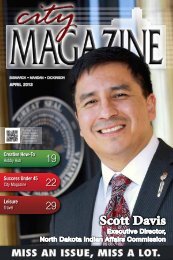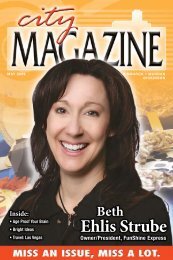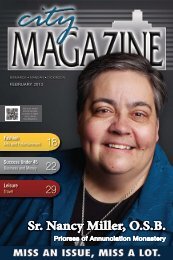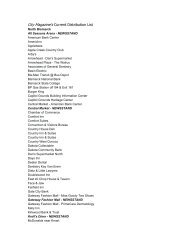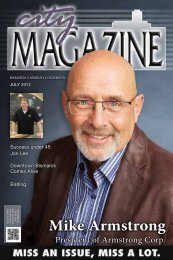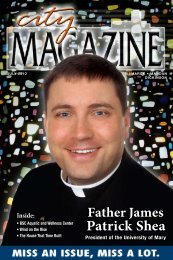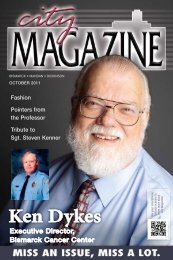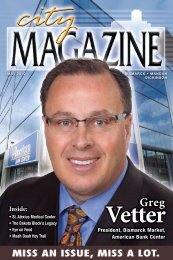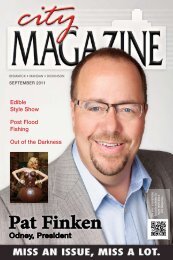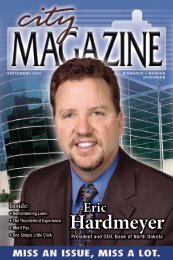Create successful ePaper yourself
Turn your PDF publications into a flip-book with our unique Google optimized e-Paper software.
| FEATURE<br />
Merit Pay Meets Roadblocks:<br />
Teachers Voice Concerns<br />
When it comes to merit pay for<br />
teachers, most teachers are skeptical<br />
about the concept for several reasons.<br />
Who will determine who gets merit pay?<br />
Will it be demoralizing to teachers who don’t get it?<br />
Will it be determined by test scores?<br />
Will politics enter in to the decisions?<br />
These are the central questions on teacher’s<br />
minds, and when asked to come up with the perfect<br />
merit pay plan, most just shrug their shoulders.<br />
One teacher, who prefers to remain anonymous,<br />
said he favors merit pay, but can’t trust the people<br />
who will make the decision. “Bill” said, “It can’t be<br />
based on test scores because there are too many<br />
variables among classes.” He adds that, if it were<br />
based on test scores, he would never teach another<br />
low-level class because these students don’t care<br />
about grades (for the most part).<br />
The tests in question are the result of the<br />
national No Child Left Behind (NCLB) program<br />
that requires a comprehensive statewide test each<br />
fall for students at each grade level. Schools with<br />
By Jan Schultz<br />
students deemed “not proficient” are subject to<br />
special programs to enhance and enrich teaching<br />
and bring students up to the required proficiency.<br />
Sonja Mahlum, third-grade teacher at Miller<br />
Elementary, agrees that merit pay shouldn’t be<br />
based on test scores. Her reasons also include the<br />
variability of students and classes. “Consider special<br />
needs classes,” she said. “While testing is adjusted for<br />
these levels, there is still too much of a discrepancy<br />
between regular and special needs classes.”<br />
Then there is the home environment aspect.<br />
“Students come from all manners of home<br />
environments and may not get support from their<br />
parents,” said Mahlum. Some students may also<br />
just be learning English. She said, “Foreign students<br />
entering Bismarck schools have just one year to<br />
learn the language before taking the test.”<br />
Mahlum’s school, Miller Elementary, was one of<br />
the schools that failed to reach NCLB requirements.<br />
“Next year we’ll be initiating a before and afterschool<br />
program that helps students prepare for the<br />
test,” said Mahlum. “I fear, though, that it may just<br />
be glorified babysitting if students are too tired from<br />
a long day in school.”<br />
The discussion continues in the next issue.<br />
36 thecitymag.com



